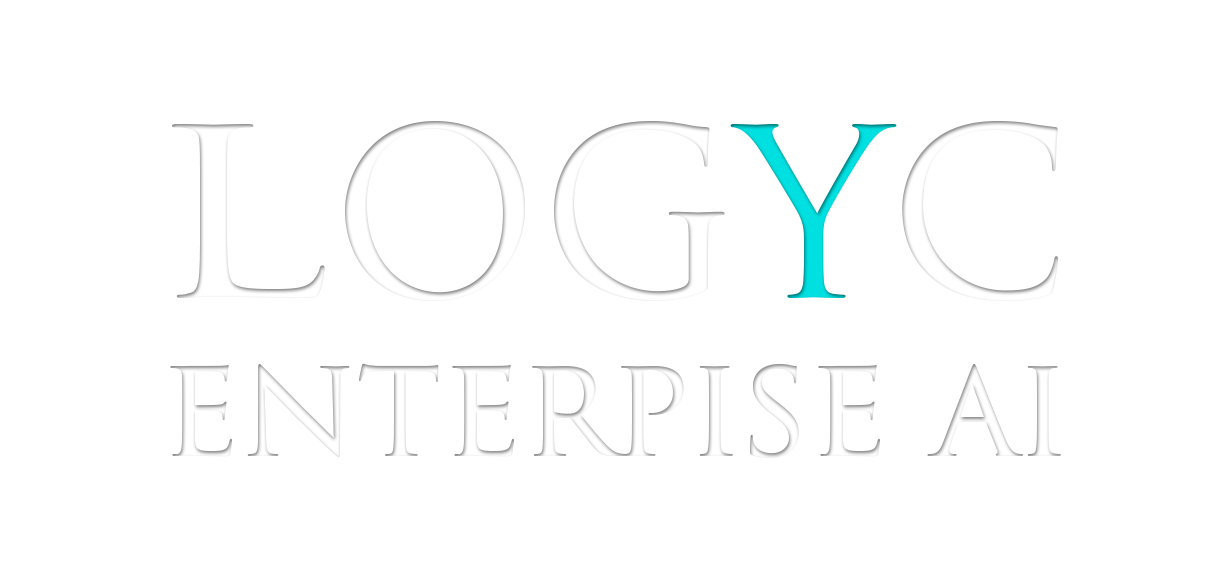Introduction:
The landscape of business operations, particularly for Fortune 500 companies, is undergoing a radical transformation, primarily fueled by advancements in artificial intelligence (AI). As these entities grapple with market volatility, evolving consumer demands, and increased competition, AI emerges as a pivotal tool in reshaping their front-line operations.
Section 1: Understanding AI in the Business Context
- Subsection 1.1: Definition of AI and its relevance to Fortune 500 companies.
- Subsection 1.2: Brief history of AI in business.
- Subsection 1.3: Current trends and statistics of AI adoption in large corporations.
Section 2: AI in Customer Service and Engagement
- Subsection 2.1: Role of AI in enhancing customer service (chatbots, AI-driven CRM systems).
- Subsection 2.2: Future potential and upcoming innovations in AI for customer engagement.
Section 3: AI in Supply Chain Management
- Subsection 3.1: AI impacts supply chain logistics (predictive analytics, demand forecasting).
- Subsection 3.2: Examples of Fortune 500 companies leveraging AI for supply chain optimization.
- Subsection 3.3: Challenges and considerations in integrating AI into supply chains.
Section 4: AI in Product Development and Innovation
- Subsection 4.1: The role of AI in accelerating product development (R&D, prototyping with AI).
- Subsection 4.2: Overview of AI-driven product innovations in large companies.
- Subsection 4.3: Ethical and practical considerations in AI-aided product development.
Section 5: AI in Sales and Marketing
- Subsection 5.1: Transforming sales strategies with AI (personalization, predictive analytics).
- Subsection 5.2: AI’s role in data-driven marketing and advertising.
Section 6: Workforce Transformation with AI
- Subsection 6.1: AI in human resources and talent management.
- Subsection 6.2: The impact of AI on workforce dynamics and employee roles.
- Subsection 6.3: Balancing AI integration with workforce development and training.
Section 7: Challenges and Ethical Considerations
- Subsection 7.1: Addressing AI biases and ethical dilemmas in front-line operations.
- Subsection 7.2: Regulatory and compliance challenges in deploying AI solutions.
- Subsection 7.3: Strategies for responsible and ethical AI implementation.
Section 8: The Road Ahead
- Subsection 8.1: Future trends and predictions for AI in business operations.
- Subsection 8.2: Preparing for an AI-augmented future: Recommendations for Fortune 500 companies.
- Subsection 8.3: Concluding thoughts on the transformative role of AI in business.
Conclusion:
In conclusion, AI is a transformative force for Fortune 500 companies, offering unprecedented opportunities for innovation, efficiency, and customer engagement in front-line operations. However, navigating this AI-driven landscape requires a balanced approach, considering ethical implications, workforce dynamics, and continuous innovation. As these companies adapt to this new technological era, their success will increasingly hinge on their ability to integrate AI seamlessly and responsibly into their core operations.




